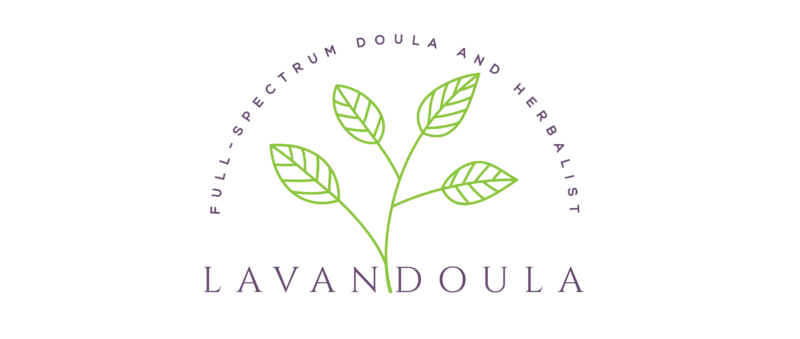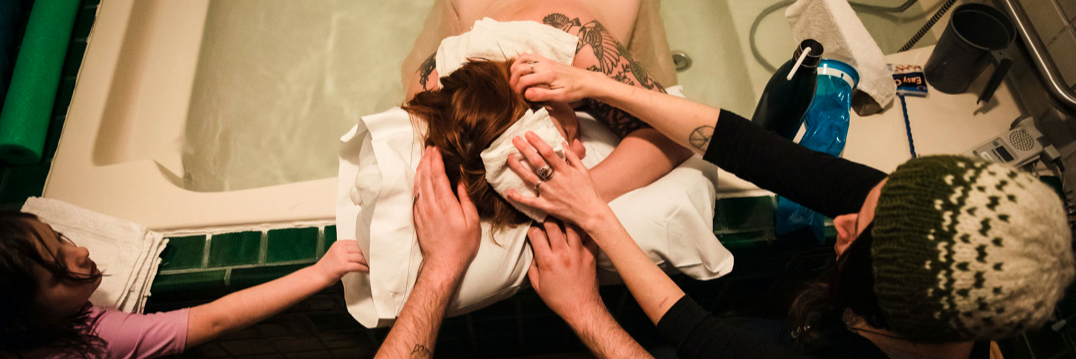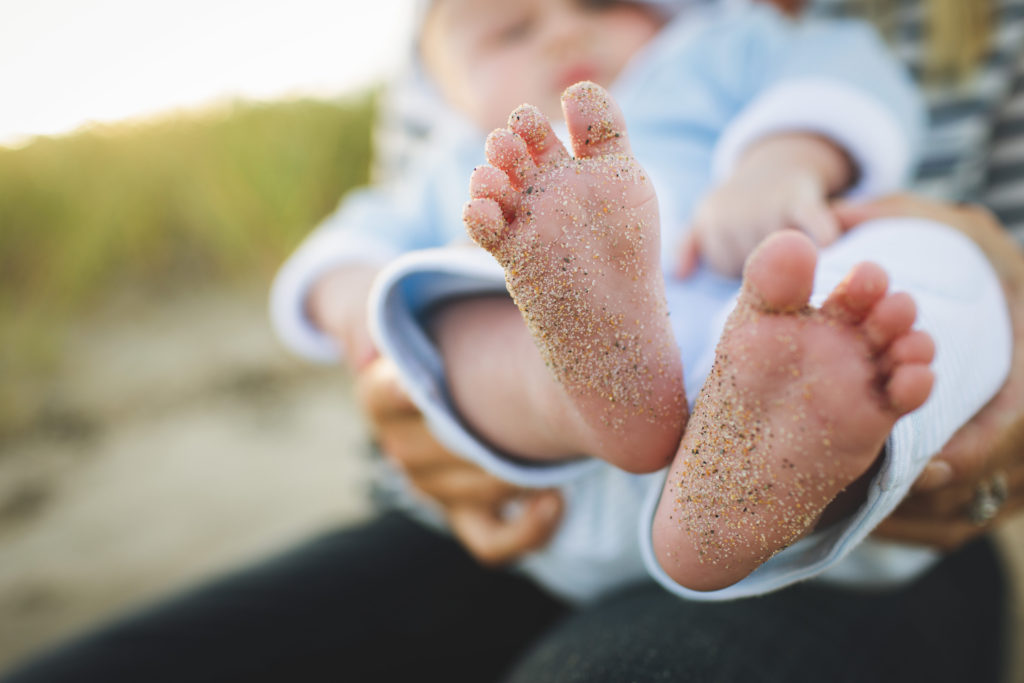Jacqui Morton is a doula, writer and founder of Holding Our Space, a participatory project centered around healing from reproductive loss. She also backs me up for births.
Maria of That Darn Doula is one of my backups in the area. She currently apprentices with a local home birth midwifery practice, and has experience at all local hospitals as well. She also backs me up for placenta encapsulation!
Tuly Duprat is an experienced birth doula who I connected with at Mama and Me. She is based in Malden, and has excellent rebozo skills. Tuly also speaks Portuguese.
Teresa Vittorioso-Fortin is a birth doula who offers childbirth classes through her practice, Entera Doula. She frequents Mount Auburn Hospital and is also fluent in Spanish.
Sierra at All Bodies Birth is a local birth and postpartum doula who especially loves to support LGBTQ+ families.
Jen at Douladventure brings her public health background to her work as a birth and postpartum doula in Boston.
Birth Sanctuary Boston is a group working to create an out-of-hospital birth option for families in Dorchester and beyond. It’s not easy work, but stay tuned for updates from them.
Beantown Babies is the combined project of doulas Emily and Lindsay. This amazing community space in Roslindale offers many things to new and growing families. From meditation workshops with Sophie, to childbirth ed classes with Teresa and acupressure for labor workshops with Ece, Beantown Babies has offerings that can enrich and support the pregnancy and birthing journeys of many local families.
Spinning Babies is a resource for fetal positioning and how it can affect labor. Tips for daily exercises/movements for getting baby engaged in the pelvis, as well as supportive labor positions can be found online.
The Miles Circuit is another series of simple movements to gently move baby into optimal positions for labor and delivery.
Mama and Me in Jamaica Plain offers a wide range of prenatal, postpartum, and child development classes for families in the Boston area. They host a bimonthly “Meet the Doulas” event that I frequently attend.
Doula Match is a search engine for folks looking for birth or postpartum doula support. You can compare profiles, availability, skillsets and experience all on one site.
What’s in my doula bag?
Electric candles – These are something I bring out at almost every hospital birth I attend. With the blue computer/monitor screen glow, many folks are comforted by keeping the room’s lights low and adding the orange-yellow flickering of a few electric candles.
Rebozo – A rebozo is a woven Mexican shawl that can be used to support someone in labor. It is a tool that can wiggle baby into an optimal position by gently rocking the hips or belly. It can also be used to assist in squatting/swaying positions, or used ceremonially as a closing in the weeks following the birth.
Honey – Honey is nice for keeping energy up in labor when my clients don’t feel like eating, or can’t hold down food. Hospital air can be especially dry, and when someone is spending many hours intentionally taking deep breaths, honey can soothe a sore throat. It’s handy to melt into some warm water for an electrolyte boost when clients are nauseous or throwing up.
A handheld fan – Especially nice for quelling nausea, or to give breeze to someone who is laboring in a warm tub. Many are comforted by fanning during pushing, especially with cool wash cloths on the neck, chest, or forehead. The fan I happen to keep in my bag was a gift from Burning Man, and that has made a pleasantly distracting story for many clients.
Essential oils – Now, I don’t recommend applying scents directly to anybody in labor (or anybody, ever). Essential oils are very strong extracts and most normal people will have a skin reaction if they’re not applied in a very diluted way. Besides, giving birth and smelling like a sweaty, messy animal is just how a newborn knows they’ve ended up in the right place. That being said, many of my clients are comforted by certain scents (lavender, rose, ‘woodsy’ pine ones, peppermint, orange). Peppermint is especially nice for nausea, lavender for anxiety, and scent is a tool we can use to distract and calm the body from the intense sensations in labor. Most hospitals are have scent-free policies for folks who have allergies or migraines triggered by scents. When offering aromatherapy in labor, I’ve put a drop or two of essential oils in one of my electric candles (so they can easily be brought to and away from someone’s nose), or put a few drops on a cool cloth for the back of the neck.
A quart of nettle infusion – This one’s all for me! I let the boiling kettle be my timer for getting ready to leave the house. When a client calls, day or night, I’m just about ready to leave at a moment’s notice. In the 5-10 minutes I spend getting by things together, I boil a pot of water for two quarts of tea. One nettle infusion I bring to the birth, and one I have ready and waiting for when I arrive home. After several hours, an infusion of nettle leaf is chock full of iron, calcium, vitamin K, and lots of good things my body needs when I’m too busy to eat fresh vegetables for several hours!
Larabars, Epic bars, fresh fruit, Tanka bars, Justin’s nut butter pouches, dulse – Having autoimmune allergies to most “normal” food, I need to be very mindful of the snacks I bring to keep myself going for my laboring clients. I can’t have any gluten (or most grains), dairy, soy, canola, or foods that are processed on shared equipment with them. That means no take-out, no Whole Foods hot bar, no delivery, no hospital room service, and I could be with a client for up to 30 hours in one stretch. These snacks contain the protein, fat and carbs I need to stay active. (That, and my partner has been known to pull up outside the hospital with something freshly cooked and warm when I’m gone an especially long time!)
Phone charger, toothbrush, deodorant, spare underwear, a book, hair ties/clips, salve/lotion, paper and pens for note taking.


